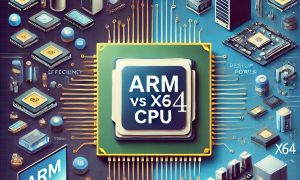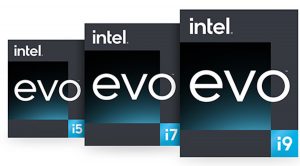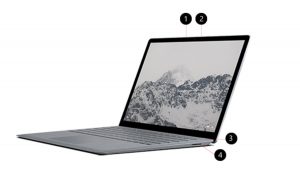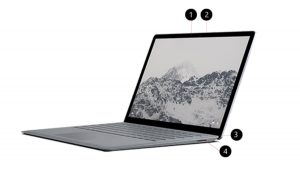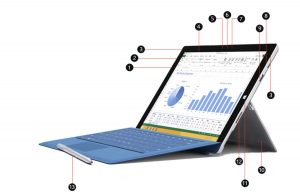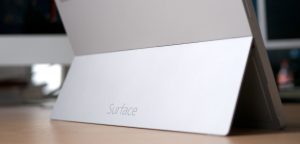Revolutionizing the PC Market: Nvidia’s Move to Arm-based Chips
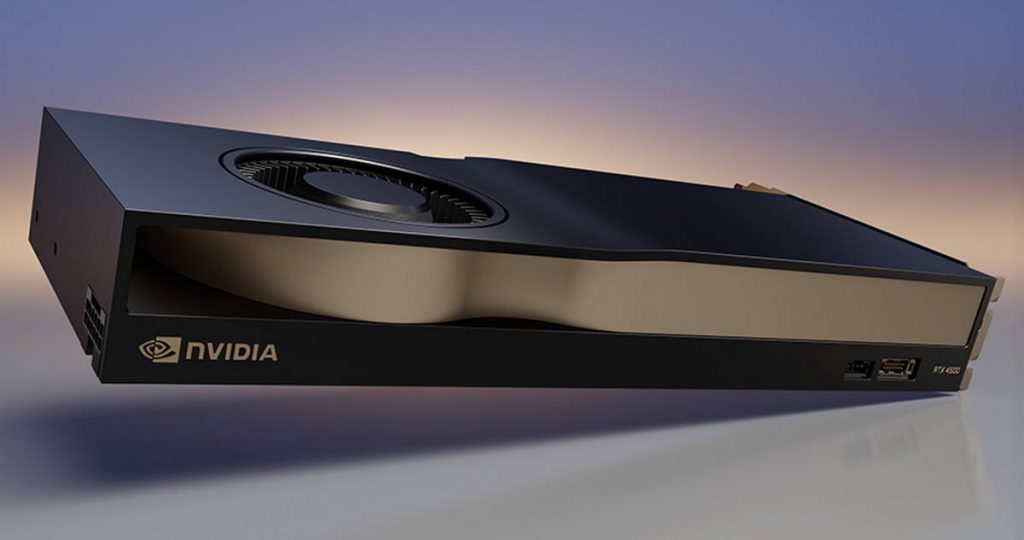
Nvidia, a company known for its graphics processing units (GPUs), recently announced its plans to acquire Arm Holdings, a leading designer of mobile and low-powered chips. This acquisition will allow Nvidia to expand its reach beyond the gaming market and into the data center and mobile device market.
One of the main reasons for this acquisition is the rise of edge computing, where data processing and analysis is done closer to the source of data, rather than in a centralized data center. With the growth of Internet of Things (IoT) devices, autonomous vehicles, and other connected devices, there is a growing need for low-powered, efficient chips that can handle complex tasks.
Arm, a British company, is known for its Arm architecture, which is used in most of the world’s smartphones, tablets, and other mobile devices. Their chips are energy-efficient and offer high performance, making them ideal candidates for powering the next generation of edge devices.
By combining Arm’s expertise in designing low-powered chips with Nvidia’s experience in high-performance computing, the two companies aim to create a new class of computing chips that can power a wide range of devices, from smartphones to supercomputers.
Nvidia plans to continue licensing Arm’s technology to other companies, ensuring that Arm’s existing customers will continue to have access to its products and support. This move will also give Nvidia access to Arm’s vast network of customers, which includes some of the biggest names in technology, such as Apple, Samsung, and Qualcomm.
While some experts have raised concerns about potential anti-competitive issues and the independence of Arm’s operations, both companies have assured that Arm will remain a neutral and open platform. Nvidia CEO Jensen Huang also stated that the acquisition is a strategic move to help Arm accelerate its growth and expand its reach, rather than integrate it with Nvidia’s own operations.
The acquisition is currently awaiting regulatory approval and is expected to close in early 2022. If approved, Nvidia will join the ranks of other tech giants, such as Apple, Google, and Microsoft, who have all begun transitioning to Arm-based processors in their products. This signals a shift in the industry towards more energy-efficient and powerful Arm-based chips, and Nvidia is well-positioned to lead this wave of innovation.
